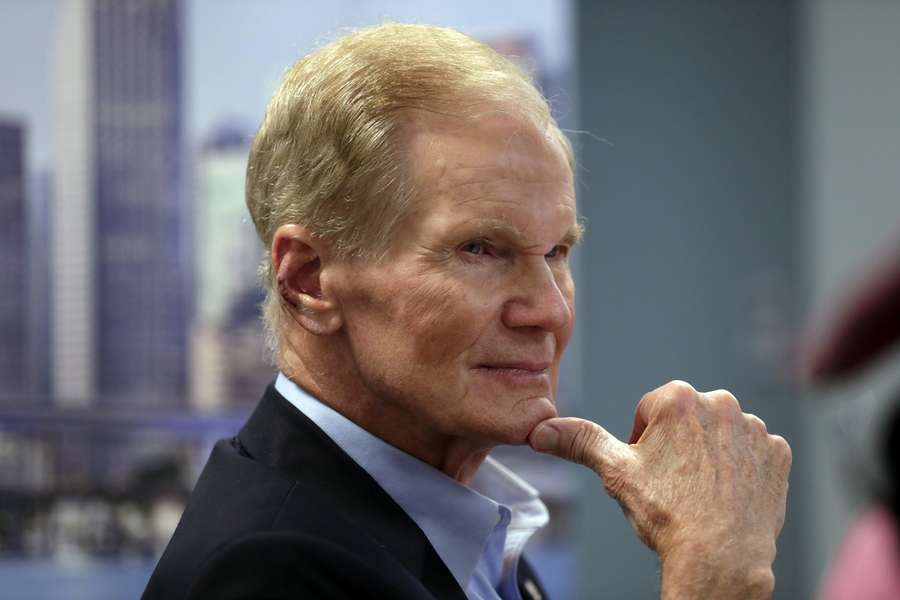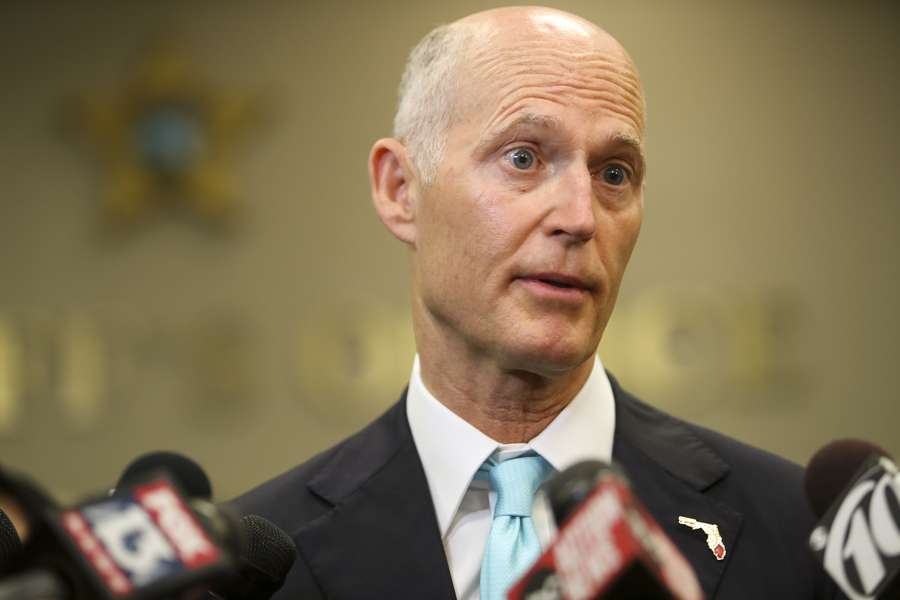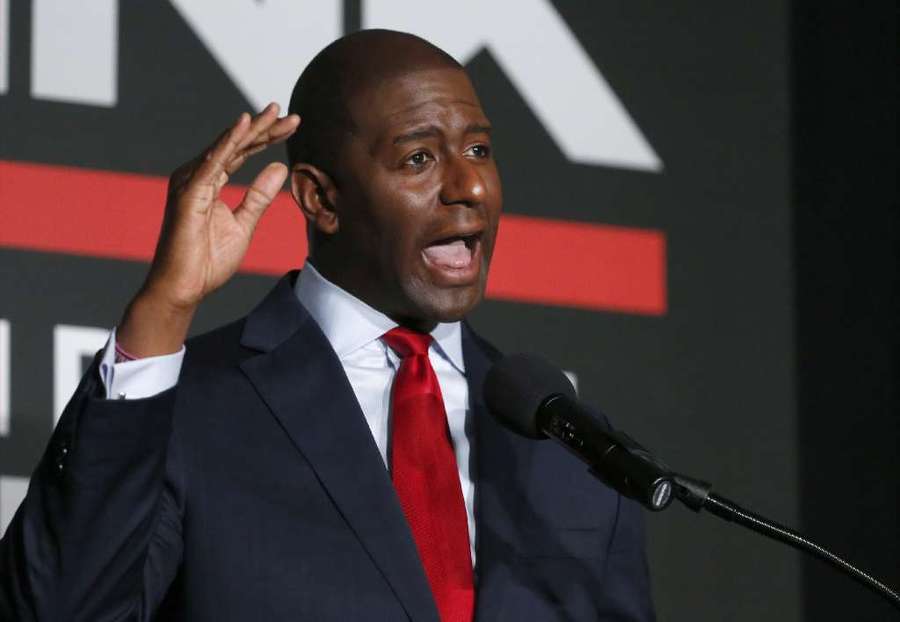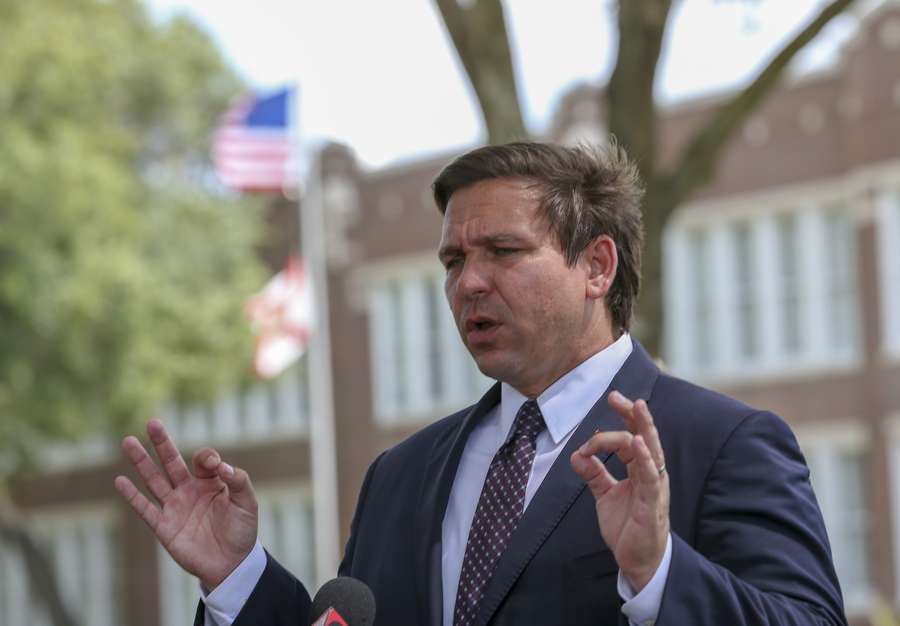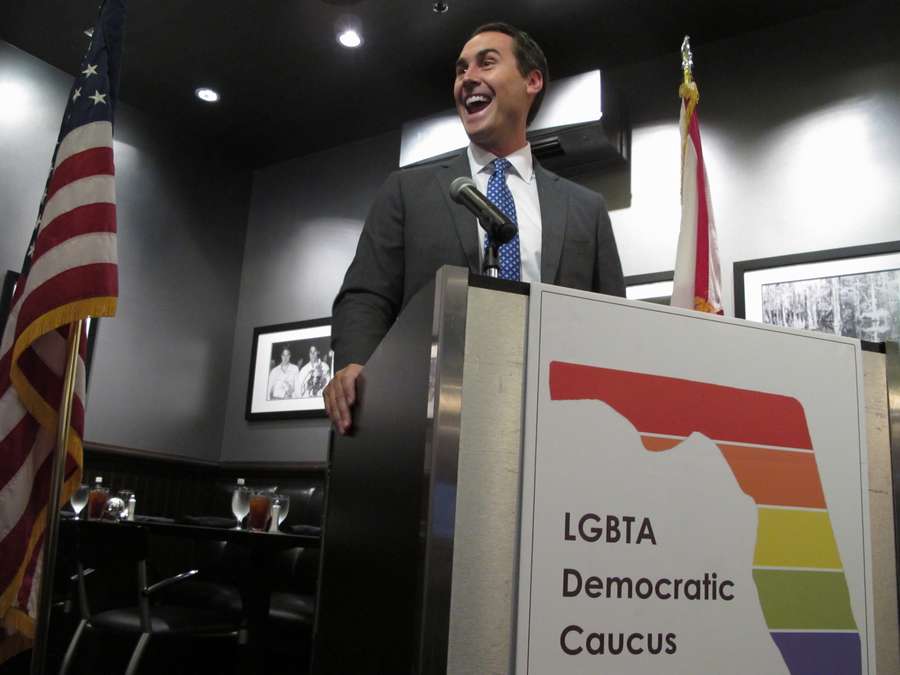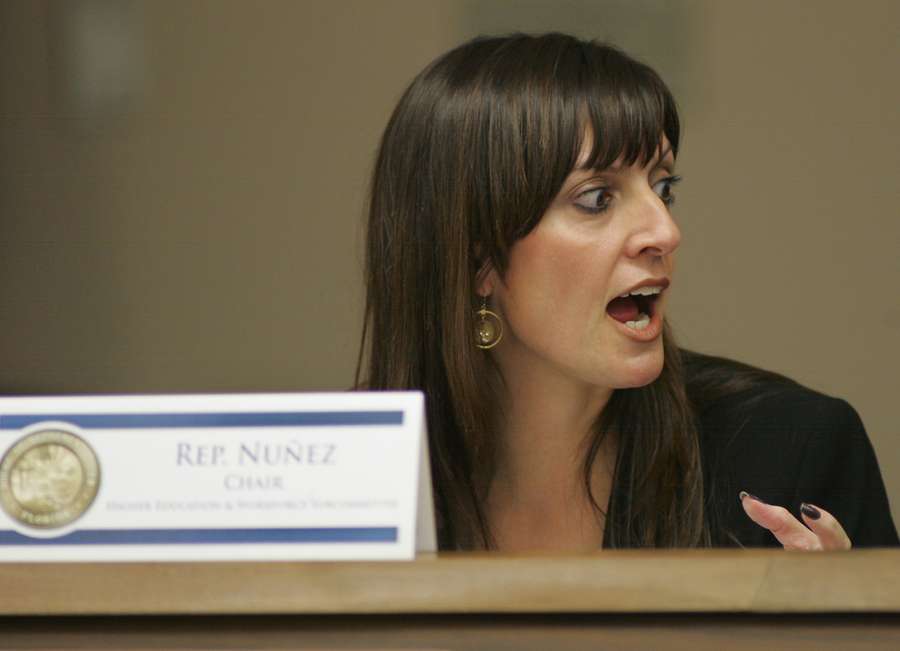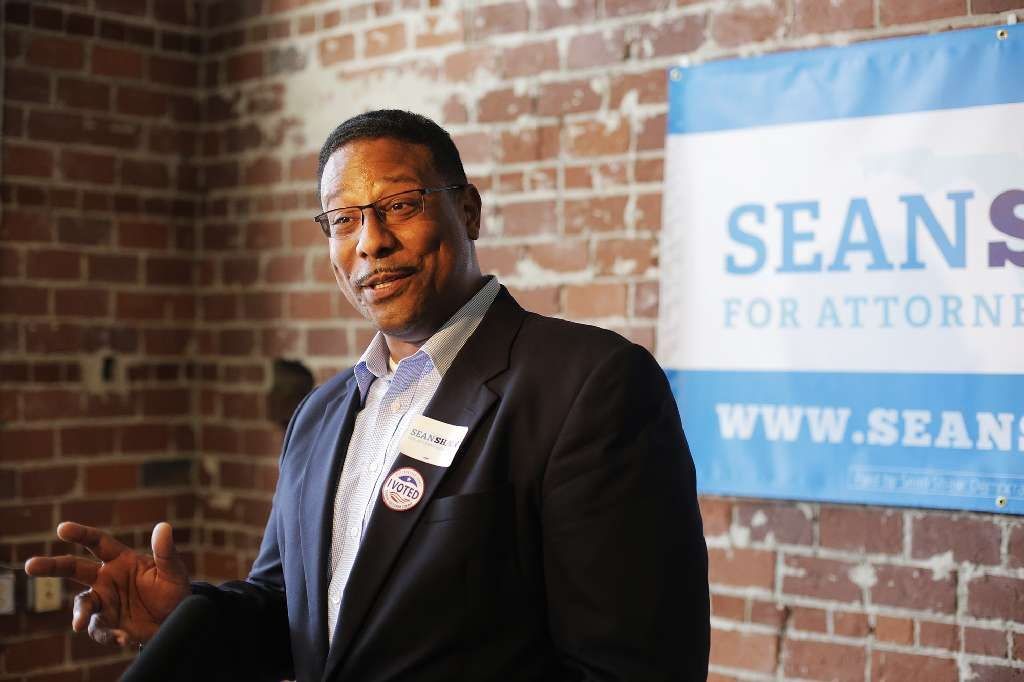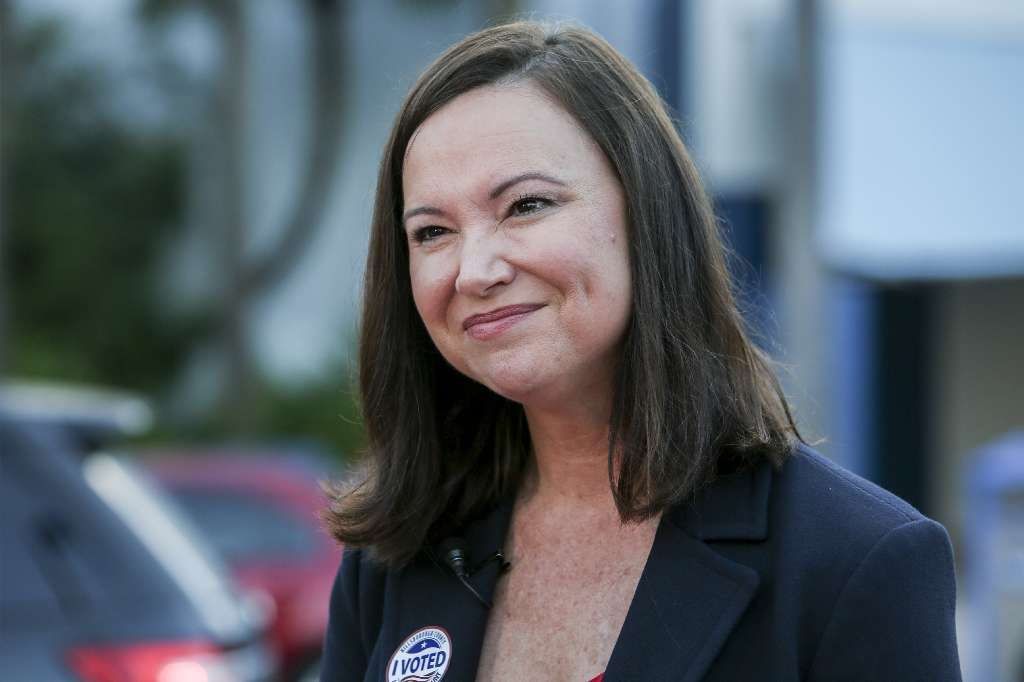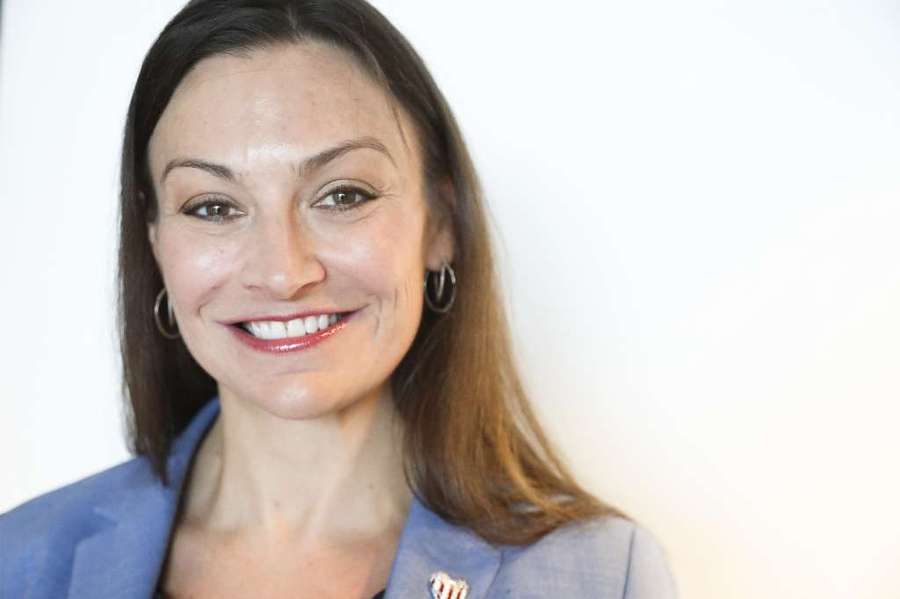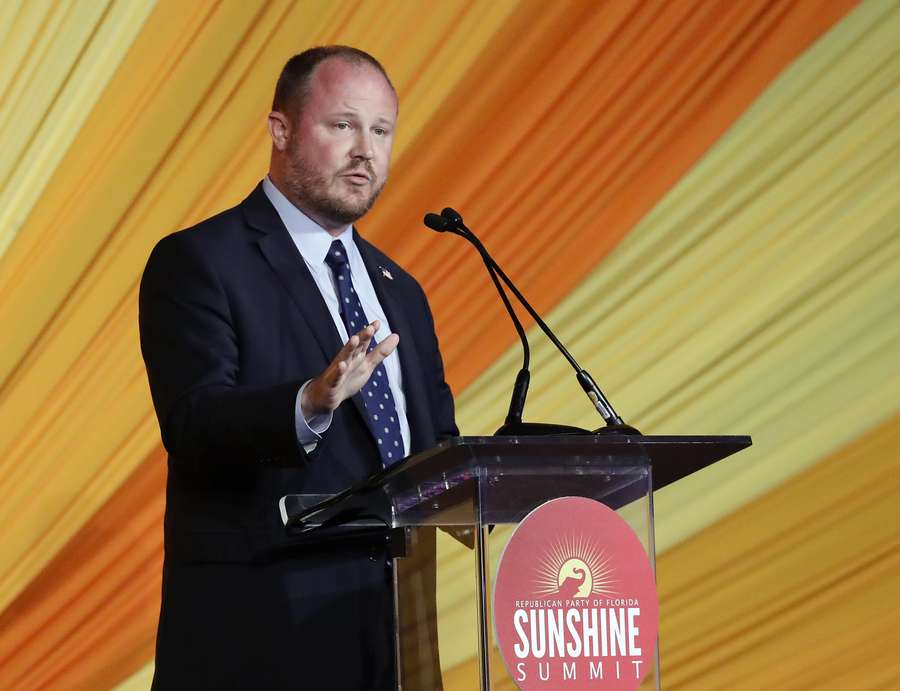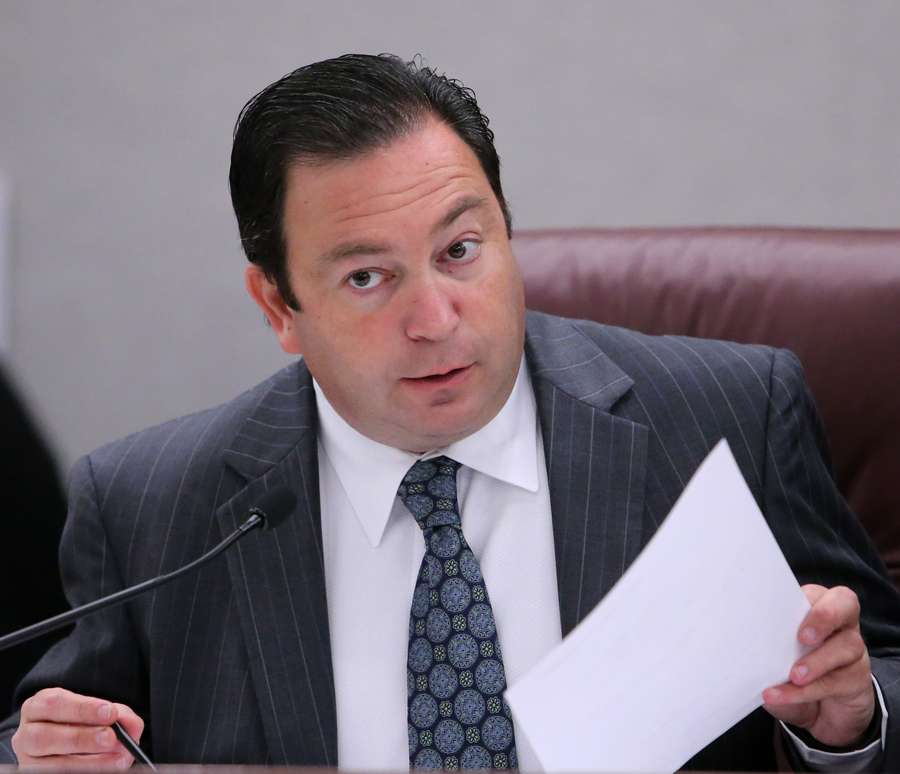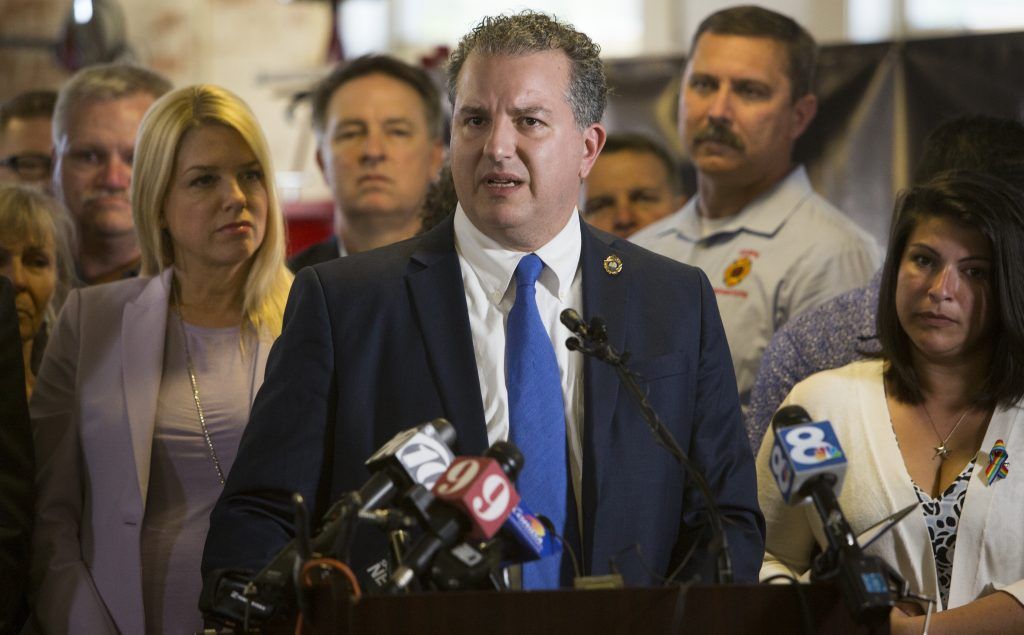Baron23
Well-Known Member
I love seeing FL state government once again get its schwantz got in the door. Its what they deserve for their attempts to overrule their constituents and impose their own views.
Judge chastises state over marijuana licenses
In a harshly worded order scolding state officials for treating the Constitution “like a recommendation,” a Tallahassee judge Friday gave the Department of Health two weeks to begin registering new medical-marijuana operators or risk being found in contempt.
Leon County Circuit Judge Charles Dodson, siding with Tampa-based Florigrown LLC, rebuked Gov. Rick Scott, the Scott administration and the Republican-dominated Legislature for failing to properly carry out a 2016 constitutional amendment that broadly legalized medical marijuana.
Florigrown, owned in part by Tampa strip-club operator Joe Redner, filed the legal challenge after the Department of Health denied its application for a medical marijuana license.
Dodson’s Friday order followed an August decision in which the judge found that a 2017 law, aimed at implementing the amendment, is unconstitutional because, among other things, it caps the number of highly sought-after medical marijuana licenses health officials can issue.
Although he found the law unconstitutional two months ago, Dodson delayed a ruling on Florigrown’s motion for a temporary injunction to give health officials time to comply with his original findings.
Dodson ruled verbally from the bench Wednesday in favor of Florigrown, but Friday’s written order — which the judge alone penned — severely reprimanded state health officials for failing to follow his instructions.
When he issued the Aug. 2 order, Dodson “was hopeful” that the health department “would take action to cure the serious constitutional problems” he identified in the state law, the judge wrote in Friday’s 6-page order.
Instead, a lawyer for the state agency this week “essentially conceded … that for the purpose of this case there have been no significant changes in the department’s regulations” or its handling of Florigrown’s application, according to Dodson.
“In other words, the court order was ignored by defendants,” he wrote.
State health officials are in an “unfamiliar situation” because the Legislature has the authority to implement most constitutional amendments. But the medical marijuana amendment specifically gave the responsibility to the Department of Health “to ensure the availability and safe use of medical marijuana by qualifying patients,” Dodson noted.
The law passed by the Legislature during a 2017 special session provided “guidance” to the state agency, but it “was in several ways significantly inconsistent with the Constitution, as pointed out in the August 2 order,” the judge wrote.
In August, Dodson found the 2017 law unconstitutional because it requires marijuana operators licensed by the state to cultivate, process, and dispense medical marijuana — something known as “vertical integration” — as opposed to breaking the activities into separate parts for licensure.
And the judge ruled that the law improperly restricted who could get licenses. The law ordered health officials to grant licenses to operators who were already up and running in Florida or who were involved in litigation as of Jan. 1, 2017. The law also required a license for a black farmer who meets certain conditions and set aside a preference for applicants with certain ties to the citrus industry.
“Thus, we have the department with specific duties placed on it by the Constitution, and the Legislature telling them incorrectly what to do, by statute. Nevertheless, the Constitution has very specific details in it. And the Constitution is the law of the land. The Constitution prevails over the statute,” he wrote.
Dodson’s order for a temporary injunction blocks the health department from moving forward with the application process laid out in the 2017 law and gives the state until 5 p.m. Oct. 19 to begin registering medical marijuana treatment centers “in accordance with the plain language of the Medical Marijuana Amendment.”
The judge also ordered the state to register Florigrown by 5 p.m. Oct. 19, unless the health department “can clearly demonstrate to this court that such registration would result in unsafe use of medical marijuana by qualifying patients.”
Dodson also emphasized to the defendants — the health department, the agency’s Office of Medical Marijuana Use and various state health officials — “that this is a court order,” before concluding with a rare warning: “Willful violation of the court order may result in sanctions, which could include a finding of contempt of court.”
Department of Health spokesman Nick Van Der Linden said in an email that the agency is reviewing the order, noting that it “does not impact the availability of medical marijuana in Florida” to the state’s 170,000 qualified patients.
Redner and his legal team, however, hailed Dodson’s order and his choice of words.
“I think our Legislature, I think our governor, I think they’re lawless. They think they’re above the law. They won’t follow the law. And we’ll see now if this judge can put the fear of the judiciary in them and do what the Constitution says,” Redner told The News Service of Florida in a telephone interview.
Redner recently won another lawsuit against the health department, when a judge ruled that the 77-year-old can grow his own marijuana to “juice.” Redner’s doctors recommended juicing to prevent a recurrence of lung cancer. The state has appealed that decision.
Florigrown CEO Adam Eland called on Scott to order the health department to comply with the judge’s ruling.
“Is this governor going to ignore this court and obfuscate again, or is he going to stop with all this nonsense and do what he (Dodson) says?” Eland said.
But lawyer John Lockwood, who represents marijuana operators and others seeking licenses, said the judge’s order puts the health department in a difficult position.
“There is a very specific statute that directs them on how they must regulate this industry. If they were to ignore that legislation, they would open the agency up to even more significant litigation,” Lockwood told the News Service.
In Friday’s order, Dodson found Florigrown would suffer “irreparable harm” in the absence of the temporary injunction, and that the injunction “will serve the public interest,” which he said “was clearly stated” by the amendment’s approval by more than 70 percent of voters.
The amendment’s passage “makes it clear the Department of Health must do the matters required in it to ensure the availability and safe use of medical marijuana by qualifying patients.”
“The department has failed to do so,” he wrote, adding that the 2017 statute “is an unconstitutional attempt” to implement the amendment.
“The court is concerned the Constitution is being treated as just a recommendation. It cannot be. The Constitution is the law of the land — the supreme law of our government, which we must all live by. The Medical Marijuana Amendment of the Constitution is specific. Much of that specificity is being ignored,” he scolded.
Judge chastises state over marijuana licenses
In a harshly worded order scolding state officials for treating the Constitution “like a recommendation,” a Tallahassee judge Friday gave the Department of Health two weeks to begin registering new medical-marijuana operators or risk being found in contempt.
Leon County Circuit Judge Charles Dodson, siding with Tampa-based Florigrown LLC, rebuked Gov. Rick Scott, the Scott administration and the Republican-dominated Legislature for failing to properly carry out a 2016 constitutional amendment that broadly legalized medical marijuana.
Florigrown, owned in part by Tampa strip-club operator Joe Redner, filed the legal challenge after the Department of Health denied its application for a medical marijuana license.
Dodson’s Friday order followed an August decision in which the judge found that a 2017 law, aimed at implementing the amendment, is unconstitutional because, among other things, it caps the number of highly sought-after medical marijuana licenses health officials can issue.
Although he found the law unconstitutional two months ago, Dodson delayed a ruling on Florigrown’s motion for a temporary injunction to give health officials time to comply with his original findings.
Dodson ruled verbally from the bench Wednesday in favor of Florigrown, but Friday’s written order — which the judge alone penned — severely reprimanded state health officials for failing to follow his instructions.
When he issued the Aug. 2 order, Dodson “was hopeful” that the health department “would take action to cure the serious constitutional problems” he identified in the state law, the judge wrote in Friday’s 6-page order.
Instead, a lawyer for the state agency this week “essentially conceded … that for the purpose of this case there have been no significant changes in the department’s regulations” or its handling of Florigrown’s application, according to Dodson.
“In other words, the court order was ignored by defendants,” he wrote.
State health officials are in an “unfamiliar situation” because the Legislature has the authority to implement most constitutional amendments. But the medical marijuana amendment specifically gave the responsibility to the Department of Health “to ensure the availability and safe use of medical marijuana by qualifying patients,” Dodson noted.
The law passed by the Legislature during a 2017 special session provided “guidance” to the state agency, but it “was in several ways significantly inconsistent with the Constitution, as pointed out in the August 2 order,” the judge wrote.
In August, Dodson found the 2017 law unconstitutional because it requires marijuana operators licensed by the state to cultivate, process, and dispense medical marijuana — something known as “vertical integration” — as opposed to breaking the activities into separate parts for licensure.
And the judge ruled that the law improperly restricted who could get licenses. The law ordered health officials to grant licenses to operators who were already up and running in Florida or who were involved in litigation as of Jan. 1, 2017. The law also required a license for a black farmer who meets certain conditions and set aside a preference for applicants with certain ties to the citrus industry.
“Thus, we have the department with specific duties placed on it by the Constitution, and the Legislature telling them incorrectly what to do, by statute. Nevertheless, the Constitution has very specific details in it. And the Constitution is the law of the land. The Constitution prevails over the statute,” he wrote.
Dodson’s order for a temporary injunction blocks the health department from moving forward with the application process laid out in the 2017 law and gives the state until 5 p.m. Oct. 19 to begin registering medical marijuana treatment centers “in accordance with the plain language of the Medical Marijuana Amendment.”
The judge also ordered the state to register Florigrown by 5 p.m. Oct. 19, unless the health department “can clearly demonstrate to this court that such registration would result in unsafe use of medical marijuana by qualifying patients.”
Dodson also emphasized to the defendants — the health department, the agency’s Office of Medical Marijuana Use and various state health officials — “that this is a court order,” before concluding with a rare warning: “Willful violation of the court order may result in sanctions, which could include a finding of contempt of court.”
Department of Health spokesman Nick Van Der Linden said in an email that the agency is reviewing the order, noting that it “does not impact the availability of medical marijuana in Florida” to the state’s 170,000 qualified patients.
Redner and his legal team, however, hailed Dodson’s order and his choice of words.
“I think our Legislature, I think our governor, I think they’re lawless. They think they’re above the law. They won’t follow the law. And we’ll see now if this judge can put the fear of the judiciary in them and do what the Constitution says,” Redner told The News Service of Florida in a telephone interview.
Redner recently won another lawsuit against the health department, when a judge ruled that the 77-year-old can grow his own marijuana to “juice.” Redner’s doctors recommended juicing to prevent a recurrence of lung cancer. The state has appealed that decision.
Florigrown CEO Adam Eland called on Scott to order the health department to comply with the judge’s ruling.
“Is this governor going to ignore this court and obfuscate again, or is he going to stop with all this nonsense and do what he (Dodson) says?” Eland said.
But lawyer John Lockwood, who represents marijuana operators and others seeking licenses, said the judge’s order puts the health department in a difficult position.
“There is a very specific statute that directs them on how they must regulate this industry. If they were to ignore that legislation, they would open the agency up to even more significant litigation,” Lockwood told the News Service.
In Friday’s order, Dodson found Florigrown would suffer “irreparable harm” in the absence of the temporary injunction, and that the injunction “will serve the public interest,” which he said “was clearly stated” by the amendment’s approval by more than 70 percent of voters.
The amendment’s passage “makes it clear the Department of Health must do the matters required in it to ensure the availability and safe use of medical marijuana by qualifying patients.”
“The department has failed to do so,” he wrote, adding that the 2017 statute “is an unconstitutional attempt” to implement the amendment.
“The court is concerned the Constitution is being treated as just a recommendation. It cannot be. The Constitution is the law of the land — the supreme law of our government, which we must all live by. The Medical Marijuana Amendment of the Constitution is specific. Much of that specificity is being ignored,” he scolded.
